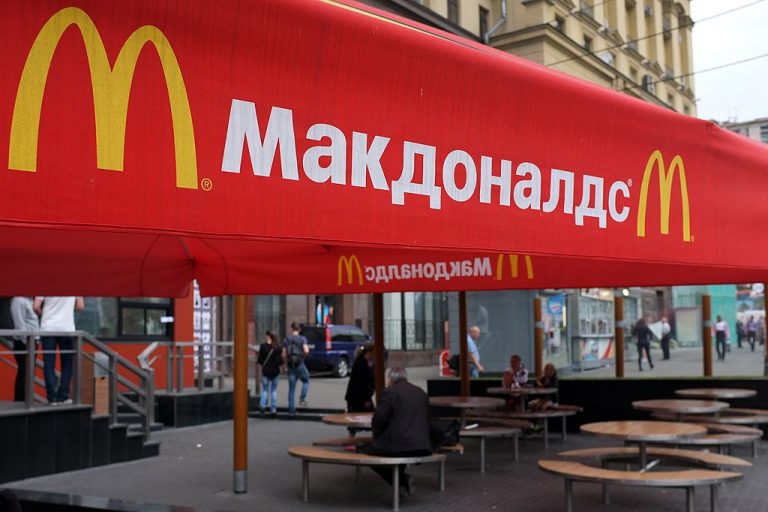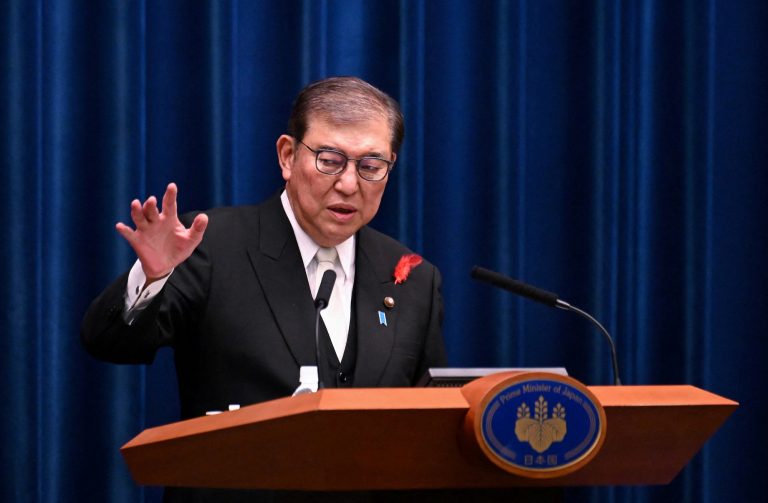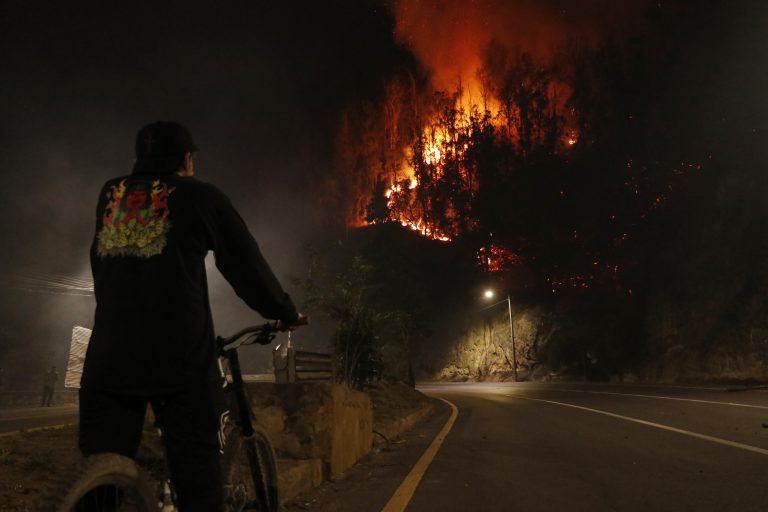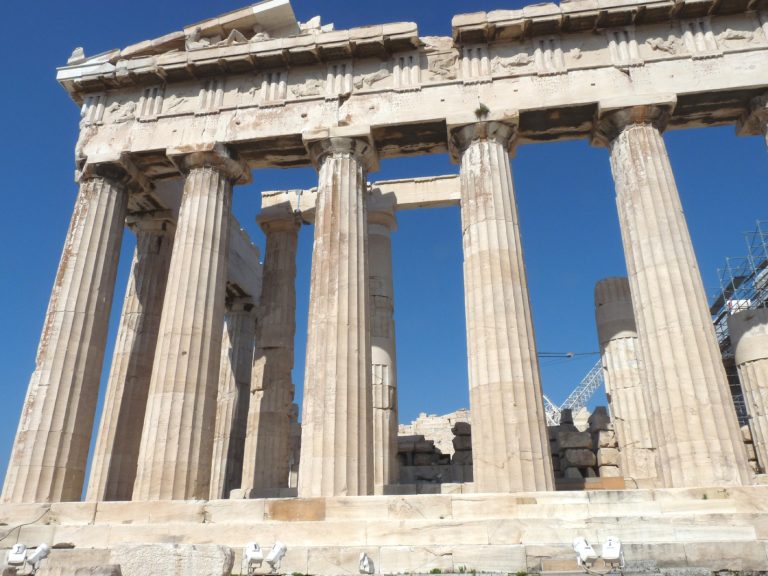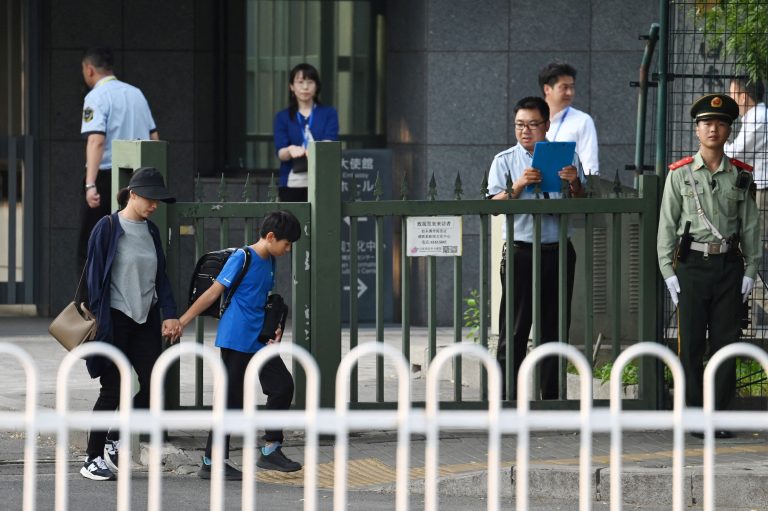McDonald’s and other major companies have been chastised for not pulling out of Russia in protest of Putin’s military intervention in Ukraine, risking a worldwide loss of appetite for burgers and fries.
After netizens picked up on the news that the pinnacle of western capitalist culture was still entrenched with more than 850 eateries in Russia, responsible for 9 percent or $2.1 billion of its annual revenue last year in the former Soviet country, hell broke loose on social media such as Twitter when #BoycottMcDonalds started trending.
One Twitter user signaled: “@McDonalds @BurgerKing @kfc still operating care free in Russia while other companies say profit isn’t worth class. Won’t be eating there for awhile! #IStandWithUkriane #Ukraine,” Mirror noted.
READ MORE:
- SWIFT Drops Russia But Sanctions May ‘Backfire’
- Russia Blocks Big Tech Keystones Twitter, Facebook Amid Escalating Information War
- Russian War With Ukraine May Spark Global Food Crisis ‘Beyond Anything We’ve Seen’
But also some high-profile Twitterers weighed in. British politician John Mann called for action by saying: “If Mcdonalds and Starbucks continue to sell in Russia then an international boycott” should be initiated.
Success
You are now signed up for our newsletter
Success
Check your email to complete sign up
Apart from McDonald’s, several other big-footprint companies, like PepsiCo, KFC, Burger King, and Starbucks, have been equally criticized for still maintaining business with or within Russia.
Whales on the scale
Thomas DiNapoli, Chief Comptroller of New York’s state $280 billion pension fund, made similar requests in a letter on March 4 to several companies still doing business with Russia.
DiNapoli said that McDonald’s and other companies would “need to consider whether doing business in Russia is worth the risk during this extraordinarily volatile time.”
The manager also urged companies to rethink their Russian operations or face “significant and growing legal, compliance, operational, human rights and personnel, and reputational risks,” as well as “various investment risks associated with the Russian market,” Reuters reported.
DiNapoli said that stopping or terminating business in Russia would also play a pivotal role in “condemning Russia’s role in fundamentally undermining the international order.”
Burned bridges
Other food chains receiving similar letters were Estée Lauder, Kimberly-Clark Corp., Coty Inc., Mondelez International Inc., Fortinet Inc., Bunge Ltd., Alnylam Pharmaceuticals Inc., and Trimble Inc., among others, the outlet reported.
Dozens of big-name brands including Apple, Nike, Ikea, Spotify, and PayPal, have assured they are temporarily severing ties with Russia, claiming solidarity with Ukraine.
Some retail brands, including Publix and Kroger in the U.S., Morrisons and the Co-Op in the UK, have pitched in by removing Russian vodka from store shelves.
Furthermore, energy giants such as British Gas, BP, and Shell, have terminated all supply deals with Russia.
As for financial service providers Visa and MasterCard, both have barred a number of Russian financial clients from their services.
A bright side
But it’s not that the burger fryer is totally indifferent to the atrocities ensuing from the Ukraine-Russian conflict. Last week, it announced it will donate food to local Ukrainian communities for those who can’t get a hold of a proper meal.
Most relief packages consist of products that don’t need to be heated and are of much higher quality than the chain’s usual offerings, such as water, fruit, eggs, vegetables, rolls, and salads.
Luckily, despite all due seriousness, some people are looking on the bright side of things, such as one Twitter user who astutely noted, “Russia has already been cut off from CNN, Pornhub and Facebook. The US is now working on depriving Russians of MacDonalds and CocaCola. If they keep going with these sanctions, Russians will soon be among the healthiest, well adjusted and best informed people on the planet.”



